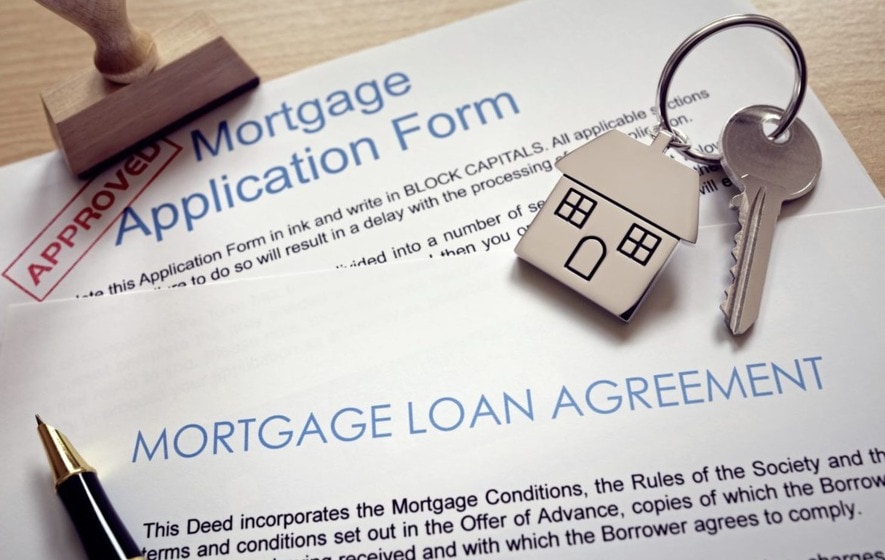It was announced in November 2017 that the UK base rate will increase for the first time in over a decade. In July 2007, rates went up from 5.5% to 5.75%. Now, rates have risen from 0.25% to 0.5% as of 2nd November 2017. The base rate had been at a historic low since August 2016, at a rate of 0.25%. But what does this mean for interest rates on mortgages and private mortgages?
To start with, it is important to outline what the base rate is, as it affects not only mortgages but also the following:
- Loans
- Credit cards
- Savings
It is thought that credit card rates are expected to rise, as well as overdrafts and personal loans.
What is the Base Rate?
This is the official borrowing rate as designated by the Bank of England. The rate dictates what savers will earn and what borrowers will be paying. Any changes to this bate rate is dependent upon the Monetary Policy Committee (MPC) which is the Bank of England’s group that meets eight times a year in order to discuss the rate.
As a result of this recent change, it is likely that many people’s mortgages will rise in cost, whilst savers will have more chance of receiving better returns on their savings. Estimates suggest that will be around 45 million people who will receive better returns on savings accounts. For example, those who have saved £10,000 will collect £25 extra in interest each year.
How much will mortgages go up by?
This depends on the type of mortgage a home buyer has. For example, a bridging loan will be affected differently to a traditional mortgage. Currently, there are around 9.2 million people in the UK who have a mortgage, and half of those are on a tracker rate. Whatever the type of mortgage someone has, it is often the case that the bigger the deposit or equity you have, the better the interest rate.

It is also possible to check online how much extra or less will be paid as a home-owner based on the interest rate increase through using one of the interest rate or fall calculators available. These useful tools calculate mortgage amounts, the duration and the type of mortgage it is and then predicts what the increase or decrease will likely to be.
Fixed Rate Mortgages: Will Interest Rates be Increased?
94% of new homeowners are on fixed rate mortgages, lasting on average two or five years. A fixed-rate deal is when a home-owner pays a known, fixed rate for a set period of time. Overall, around 57% of homeowners are on fixed rate details. The interest rate increase will depend on when this loan is expected to end. Borrowers will likely to see no immediate increase, but at the end of their two-year fix for example, they could end up with a higher rate of repayment or a new deal that is more expensive.
However, it could be cheaper, as it does also depending on when this fixed rate mortgage was taken out, so it is important home-owners check with their lender.
Variable Rate Mortgages
35% of homeowners in the UK are on variable rates. A variable-rate deal is when lender is able to move the interest rate at their discretion. It is more likely to be the case that if the mortgage a person has hasn’t changed in at least five years that it is a variable rate mortgage. Variable rate mortgages then, have an increased chance of being affected by a rise. It is likely the rise in interest rate will mean the average home buyers mortgage (that is, the average in the UK of £175,000) will rise by roughly £22 a month.
Tracker-Rate Mortgages: Will Interest Rates Increase?
Also known as ‘base-rate trackers’ or ‘bank-rate trackers,’ they are less common as they once were amongst home-owners. Tracker-rate deals work on the basis of the rate paid moving up or down in accordance with the Bank of England’s Bank Rate. In terms of the recent interest rate increase, this means that if a home-owner paid a tracker paying a bank rate plus 1.25 percent, now the bank rate has risen to 0.5%, the mortgage will rise as a result to 2 percent.
